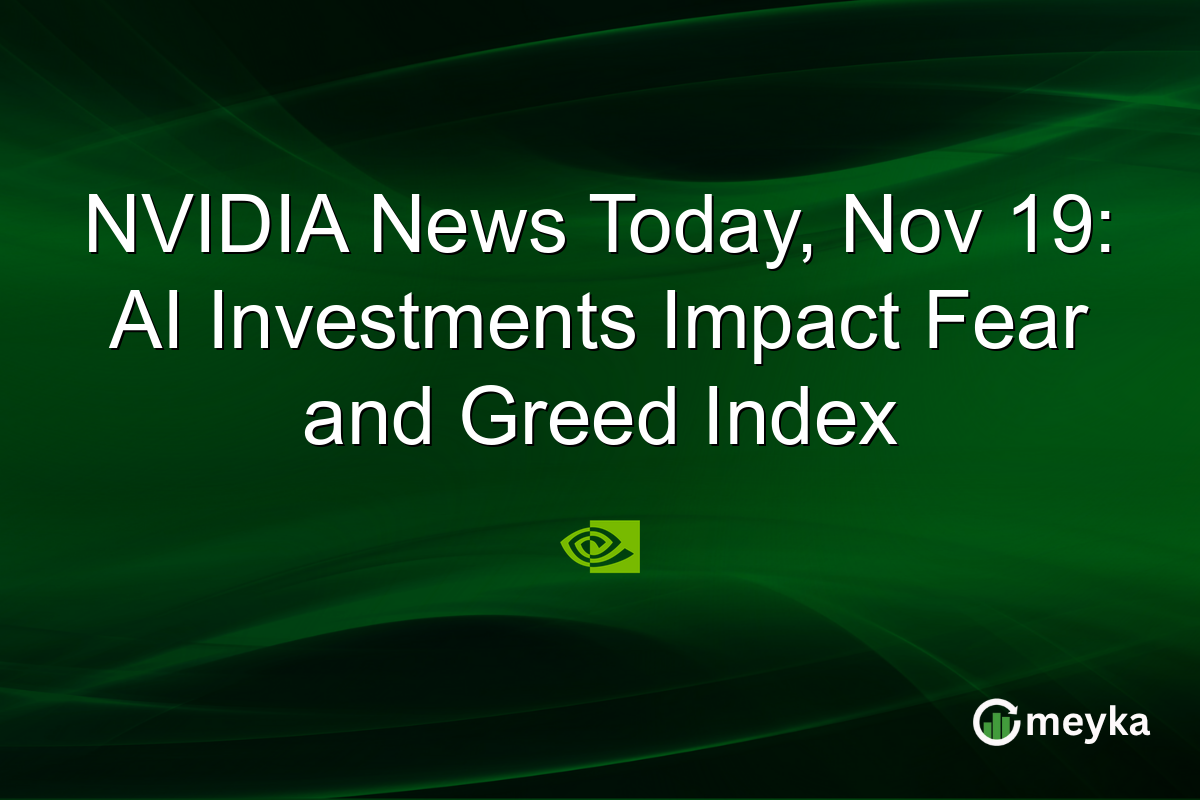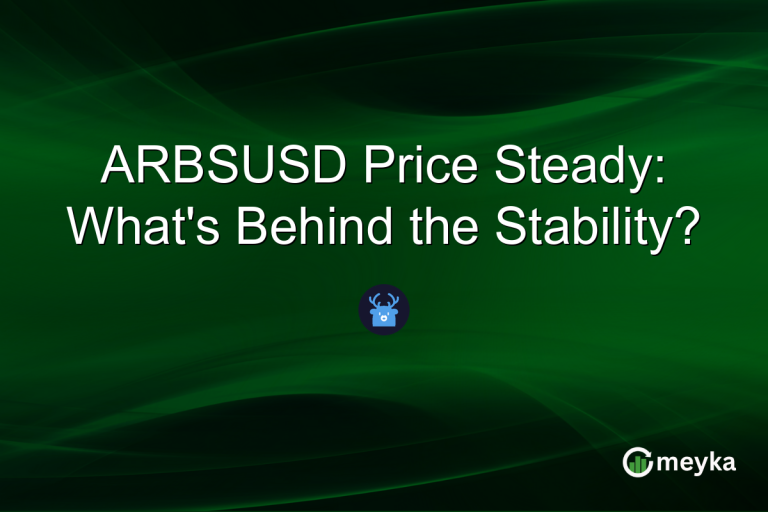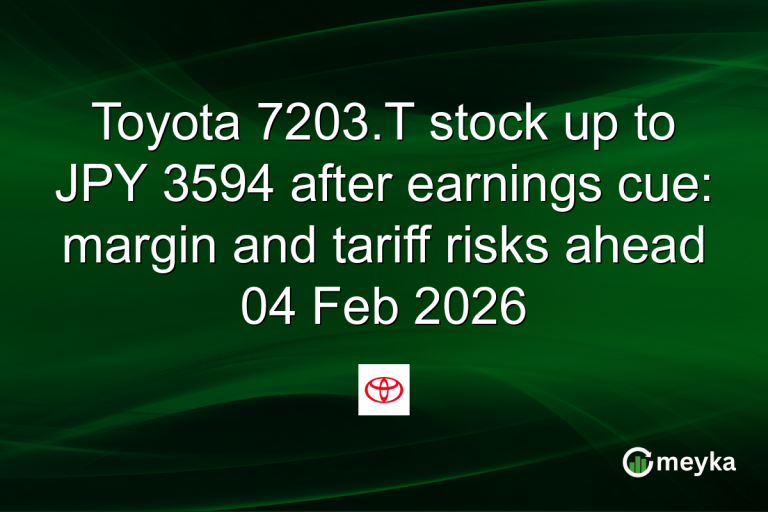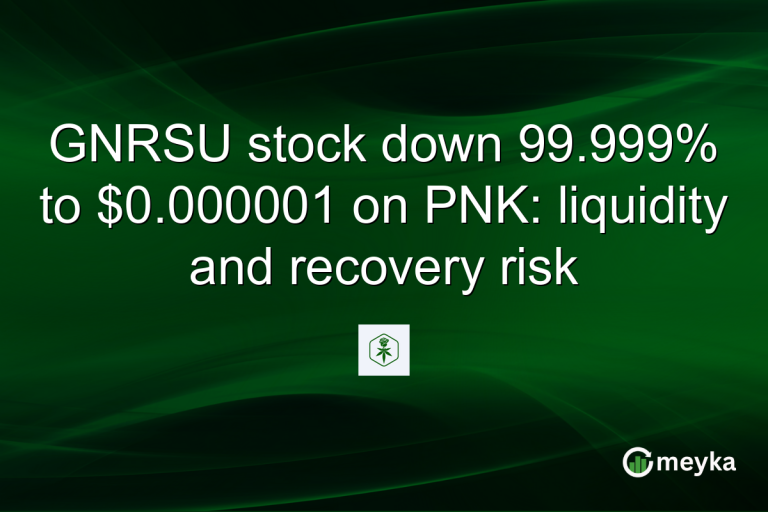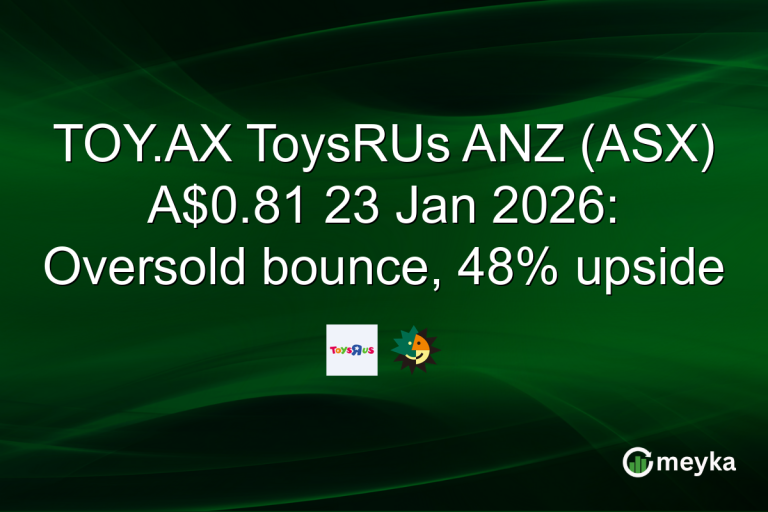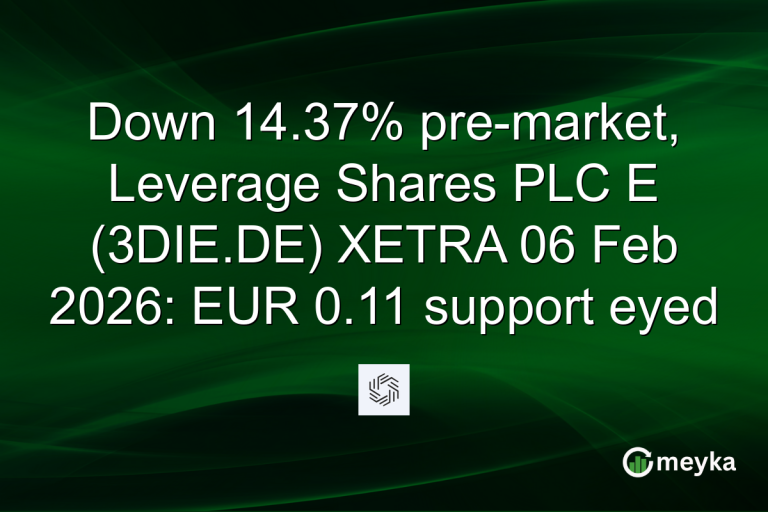NVIDIA News Today, Nov 19: AI Investments Impact Fear and Greed Index
NVIDIA’s recent investments in artificial intelligence are grabbing headlines, and it’s causing a stir in the market. The company’s commitment is shaking up sentiment, influencing the Fear and Greed Index. This indicator measures emotion in investing, swaying between the extremes of greed and fear. With NVIDIA NVDA at the forefront of AI development, its moves are under scrutiny, particularly regarding how they affect investor psychology and market trends.
Continue Reading on Meyka
This article is available in full on our main platform. Get access to complete analysis, stock insights, and more.
Read Full Article →